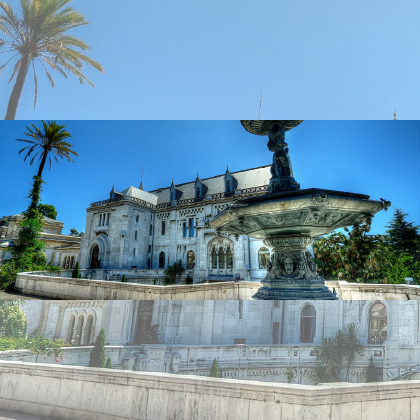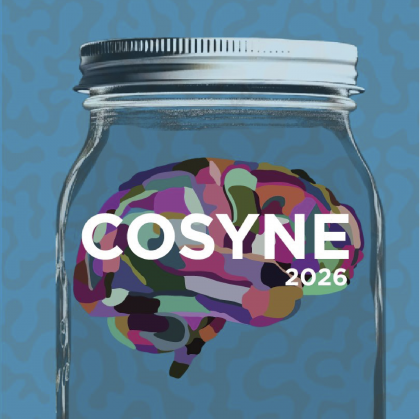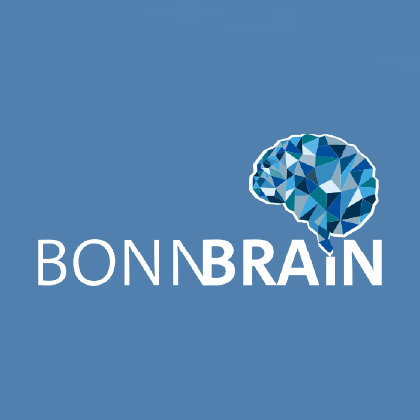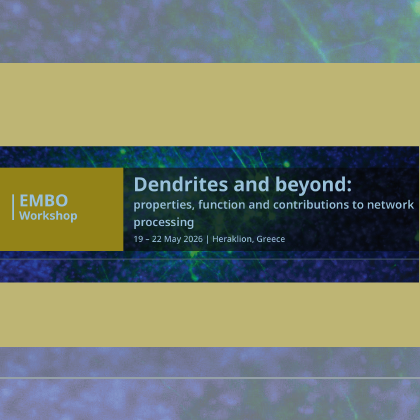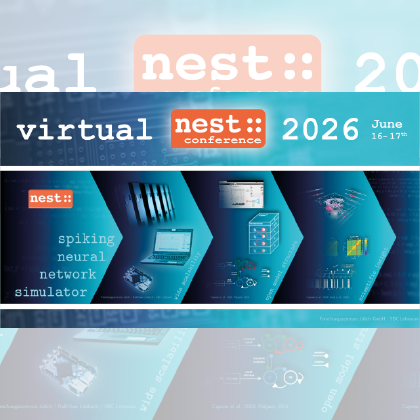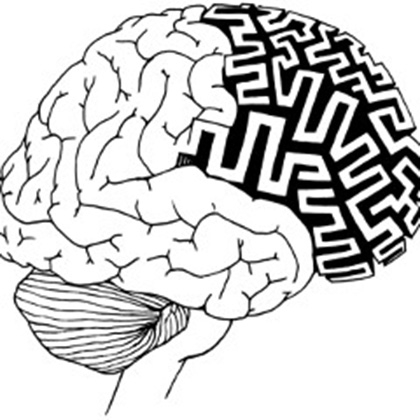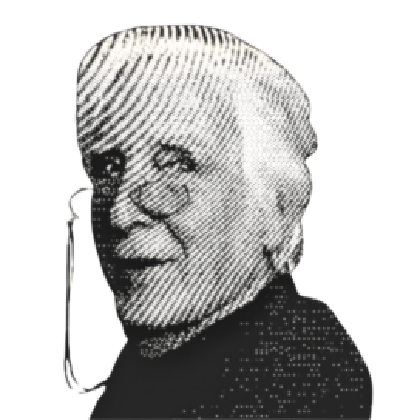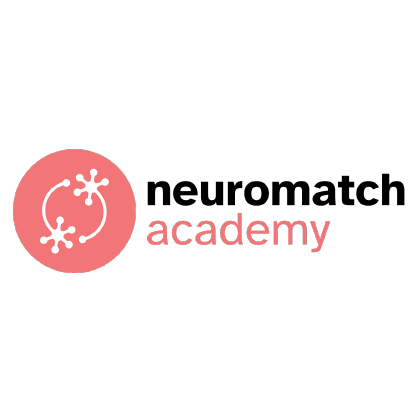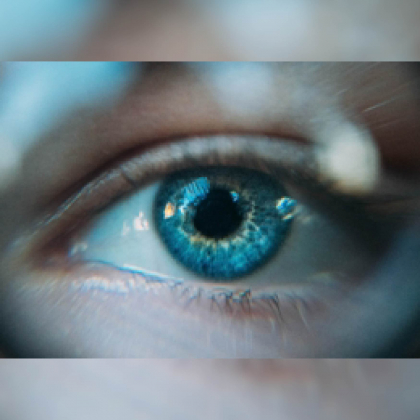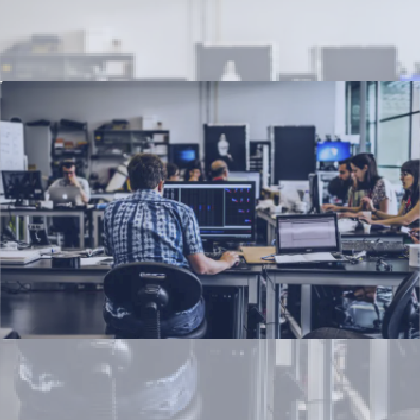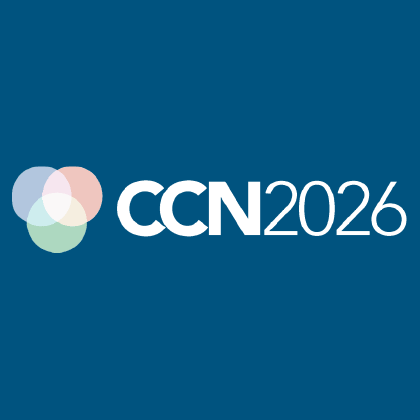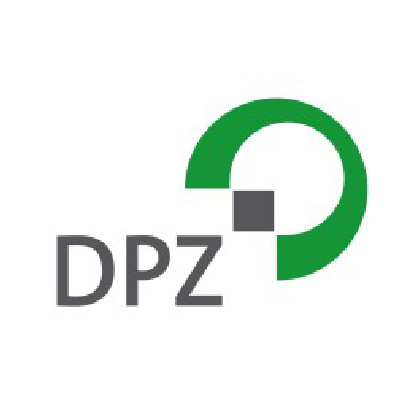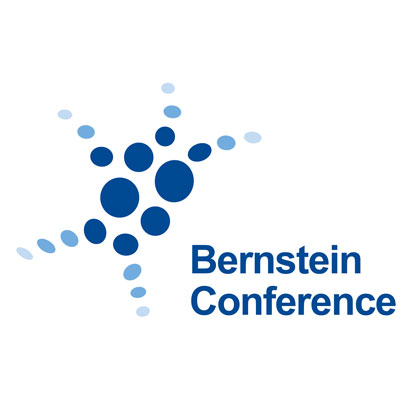Conferences, symposia, workshops, courses. Our members are actively involved in many events. Here is the current list of upcoming events of interest to computational neuroscience researchers.
1st EBRAINS Student Conference on Interdisciplinary Brain Research
The human brain is an incredibly complex system, best understood through a blend of knowledge and practices from various scientific fields. The EBRAINS Student Conference on Interdisciplinary Brain Research offers an open platform for early career researchers to exchange innovative ideas across disciplines relevant to brain research and neuroscience. Attendees will have the opportunity to engage with the data-driven, multidisciplinary approach to brain research fostered by EBRAINS, as well as gain hands-on experience with its platform and tools. The conference promotes extensive scientific dialogue, both intra- and interdisciplinary, among peers and faculty through lectures, workshops, hands-on training, and social events. The conference will take place on-site at Château de Valrose, University Côte d’Azur, in beautiful Nice, France. Organised by the EBRAINS Education Programme and the EBRAINS Student Ambassadors.
Computational and Systems Neuroscience (COSYNE) 2026
COSYNE brings together researchers from systems neuroscience, computational biology, artificial intelligence, and related fields to explore the neural basis of behavior and cognition. It is a unique meeting point for both experimental and theoretical work, known for fostering deep discussions, fresh ideas, and unexpected collaborations. Founded in 2004, COSYNE provides an inclusive forum for the exchange of empirical and theoretical approaches to problems in systems neuroscience. Today, it is recognized as the premier computational and systems neuroscience conference, drawing over 1,000 researchers annually from a wide variety of disciplines. The success of COSYNE and its scientific program depends critically on the free exchange of ideas and recent findings, which involves the international neuroscience community at large. Therefore, we sincerely hope that you will attend.
Hendrikje Nienborg
Tatjana Tchumatchenko
BonnBrain 2026
The international BonnBrain Conference brings together experts from diverse fields to explore how neural circuits control behavior. As an interdisciplinary meeting, BonnBrain highlights groundbreaking research and encourages lively discussions and informal exchanges among scientists at all career stages. The conference features a diverse lineup of speakers and discussion leaders from leading institutions worldwide. In addition to symposia and keynotes, it offers poster sessions, short talks selected from submitted abstracts, a student-organized symposium, and networking opportunities across disciplines. Jointly hosted by the University of Bonn, DZNE, and the Max Planck Institute for Neurobiology of Behavior – caesar, the event aims to strengthen the local neuroscience community while fostering global collaborations.
RMU AI and Creativity Symposium
With the rapid advancement of generative models and autonomous agents, it is becoming increasingly difficult to distinguish between statistical imitation and actual creativity. This interdisciplinary one-day symposium goes beyond established narratives surrounding artificial intelligence and explores the structural and cognitive parallels between biological and artificial forms of creation. By bringing together leading researchers from the fields of machine learning and cognitive science, the symposium aims to create a space for in-depth analysis and interdisciplinary exchange, enabling new insights into how AI systems explore large search spaces for novelty and functional utility, and into the creative potential already inherent in current systems.
Jonas Elpelt
Berlin Brains: Die Musik in unserem Gehirn
Dass unsere Erfahrungen und deren Speicherung – also Lernen und Gedächtnis – mit räumlichen und zeitlichen Mustern neuronaler Aktivität verknüpft sind, gehört mittlerweile zum Allgemeinwissen. Doch wie funktioniert das genau? Welche Gehirnbereiche sind beteiligt, was geschieht an den Kontaktstellen der Nervenzellen, den Synapsen? Und wie wirken Rhythmen, wenn wir neue Inhalte im Netzwerk unseres Gehirns abspeichern und sie später wieder abrufen, wenn wir uns also erinnern? Mit Fragen wie diesen beschäftigen sich Dietmar Schmitz und Alexandra Tzilivaki von der Charité-Universitätsmedizin Berlin im Rahmen eines Projekts im Sonderforschungsbereich 1315. Gemeinsam geben sie einen Überblick darüber, welche Rolle Rhythmen bei der Erinnerung spielen und welche Musik die Nervenzellen unseres Gehirns spielen.
EMBO Workshop on DENDRITES 2026
Understanding how the brain generates perception and behavior remains a major challenge in neuroscience. Neurons communicate through synaptic inputs located on dendrites, complex, highly branched structures that shape sensory processing, memory formation, and behavior. Advances in imaging, electrophysiology, and computational modeling now allow researchers to explore dendritic function across multiple scales, from single-synapse plasticity to dendritic computations driving behavior. This EMBO Workshop brings together leading scientists from molecular, biophysical, anatomical, computational, and functional neuroscience, as well as neuro-inspired AI, to advance our understanding of dendrites in cognition and disease. By fostering interdisciplinary collaboration, we aim to uncover fundamental principles governing dendritic computations and their broader implications, including how they may be incorporated into new AI architectures for more efficient or brain-like computation. Set on the stunning island of Crete, this EMBO Workshop is designed to encourage scientific exchange beyond traditional presentations, creating an engaging and interactive environment. Dedicated sessions will support young researchers, such as (1) work-life balance, (2) mentorship across career stages, and (3) career paths within and beyond academia. Through open discussions and collaborative experiences, this meeting will inspire new insights into the role of dendrites in brain function and dysfunction, paving the way for important future discoveries in neuroscience.
Julijana Gjorgjieva
Panayiota Poirazi
Tatjana Tchumatchenko
Katharina Wilmes
Bio-inspired DL workshop 2026: Neuromorphic Computing
We are pleased to announce a workshop on bio-inspired deep learning led by Prof. Elisa Donati from the University of Zurich and ETHZ, Zurich and funded by the support of the Joachim Herz Foundation. This workshop will provide attendees with a unique opportunity to learn from one of the leading experts in the field and explore the intersection of mathematical modelling, machine learning, and data analysis to understand how the brain works. We believe this workshop will be of great interest to those wishing to learn how recent advances in bio-inspired small ‘shadow networks’ and feature engineering allow us interface with the nervous system. Furthermore, you will learn how these systems can be used to build closed-loop hybrid artificial and biological neural processing systems.
Pietro Verzelli (organizer)
The Virtual NEST Conference 2025
The NEST Initiative invites everyone interested in Neural Simulation Technology and the NEST Simulator to the annual virtual NEST Conference. The NEST Conference provides an opportunity for the NEST Community to meet, exchange success stories, swap advice, learn about current developments in and around NEST spiking network simulation and its application. Take the opportunity to advance your skills in using NEST at our workshops! We particularly encourage young scientists to participate in the conference!
AREADNE 2026: Research in Encoding and Decoding of Neural Ensembles
The AREADNE Conferences have been created to gather global scientific
leaders who work on neural ensembles and establish a touch-point for the
widely disparate and hybrid field. With a beautiful setting on Milos,
the conferences have been carefully planned to foster discussion and
interaction between attendees to encourage the establishment of lasting
professional relationships. The meetings continue our efforts to promote
systems neuroscience in Greece through creating a world-class forum for
cutting-edge research. For 2026, we will be Celebrating Twenty Years of
AREADNE Conferences!
Panayiota Poirazi
Braitenberg 100: Computational Neuroscience – Past, Present, and Future
A landmark symposium in computational neuroscience, gathering the field’s foremost experts from around the world to celebrate past achievements, share current breakthroughs, and brainstorm future directions.
Sacha van Albada
Sonja Grün
Peter Dayan
Wulfram Gerstner
Li Zhaoping
ICNCE 2026
The International Conference on Neuromorphic Computing and Engineering brings together a diverse community of researchers, from students to leading experts in academia, startups, and industry, to advance the understanding and engineering of brain-inspired computing technologies. The program spans electrical engineering, neuroscience, IT, materials science, physics, AI, philosophy, and ethics. Building on the success of the first ICNCE (2024), which gathered over 500 participants, this year's event will be held at the Eurogress Aachen, located in the heart of the historic city near RWTH Aachen University and Forschungszentrum Jülich.
Friedemann Zenke
Neuromatch Academy
Neuromatch Academy teach skills and techniques for computational sciences and research in Neuroscience, Climate Science, and Artificial Intelligence and Machine Learning. It serves thousands of students each year with hundreds of teaching assistants (TA). Students learn by solving problems in small groups and by running group projects; they learn in many languages in an incredibly supportive environment.
Systems Vision Science Virtual Summer School & Symposium
Applications are invited for a virtual edition of the Systems Vision Science Summer School and Symposium that took place in Max Planck Institute for Biological Cybernetics in Tuebingen, Germany in August 2023 and August 2025 and virtual in 2024. This year, the virtual edition enables students to attend from afar by formal lectures via Zoom and informal and social communications via a Slack channel. Systems Vision Science combines computational, behavioral, and neuroscience methods to discover functions and algorithms for vision in various brain regions and their implementations in neural circuits. This summer school is designed for everyone interested in gaining a systems level understanding of biological vision. We plan a coherent, graduate-level, syllabus on the integration of experimental data with theory and models. The Summer School will be followed by a Systems Vision Science Virtual Symposium on July 31st. All admitted summer school students will be invited to attend this symposium and are encouraged to submit for a presentation at the symposium. The symposium will also feature two invited keynote presentations.
The Brain Prize Course – Computational and Theoretical Neuroscience
Understanding how the brain gives rise to behavior requires computational and theoretical methods. These allow us to formalize the function of neural circuits and to quantify behavior, as well as to analyze and understand complex high-dimensional datasets. Theoretical and experimental approaches work synergistically in modern neuroscience, where computational methods are critical for designing and interpreting experiments. This course teaches concepts, methods, and practices of modern computational neuroscience through a combination of lectures and hands-on project work. During the course’s mornings, distinguished international faculty deliver lectures on topics across the entire breadth of experimental and computational neuroscience. For the remainder of the time, students work on research projects in teams of 2 to 3 people under close supervision of expert tutors and faculty. Research projects are proposed by faculty before the course, and include the modeling of neurons, neural systems, and behavior, the analysis of state-of-the-art neural data (behavioral data, multi-electrode recordings, calcium imaging data, connectomics data, etc.), and the development of theories to explain experimental observations.
Omri Barak
Susanne Schreiber
Jakob Macke
Wiktor Młynarski
Laura Busse
Yiota Poirazi
Alex Cayco Gajic
Cognitive Computational Neuroscience 2026
CCN is an annual forum for discussion among researchers in cognitive science, neuroscience, and artificial intelligence, dedicated to understanding the computations that underlie complex behavior. The conference began in 2017, with a goal to deepen interactions between these disciplines and to discover ways that the communities can benefit one another and leverage each other’s successes, articulated in this TICS commentary paper. The conference is primarily single-track featuring keynote speakers and oral presentations. Paper submissions are presented as posters with a few additionally selected for oral presentations. Community-proposed programming happens in single-track and parallel sessions, including "GACs", "K&Ts", and other community events. Generative Adversarial Collaborations (GACs), are symposia designed to clarify theoretical debates and scaffold forward progress. Keynote-and-Tutorial presentations (K&Ts) foster science and skill-building, presenting cutting-edge science as a talk, followed by the code and a tutorial of how to execute those methods. Open events are designed to welcome all creative ideas for community building, skill building, science exchange, mentorship and career development. We aspire to have an active, open, and responsive culture to meet the needs of this dynamic growing field. We encourage participation from experimentalists and theoreticians investigating complex brain computations in humans and animals.
Summer School for Primate Cognitive Neuroscience 2026
he fourth instantiation of this European Summer School will bring together PhD students, early postdocs, and an international list of faculty for an intense training programme in primate cognitive and systems neuroscience. It will provide an outstanding training opportunity for young scientists working with non-human primates. Teaching will focus on cognitive processes in primate sensory and motor systems as well as in social settings and decision making, and will include important and novel results and methodologies. Topics of animal welfare, ethics, and media outreach will also be covered. Each faculty member will teach for about one half-day and furthermore will be available for individual scientific discussions, career planning advice, and scientific networking. Participants are expected to present their ongoing work in a poster presentation.
Alexander Gail
Ziad Hafed
Bernstein Conference 2026
Each year the Bernstein Network invites the international computational neuroscience community to the annual Bernstein Conference for intensive scientific exchange. It has established itself as one of the most renowned conferences worldwide in this field, attracting students, postdocs and PIs from around the world to meet and discuss new scientific discoveries.



